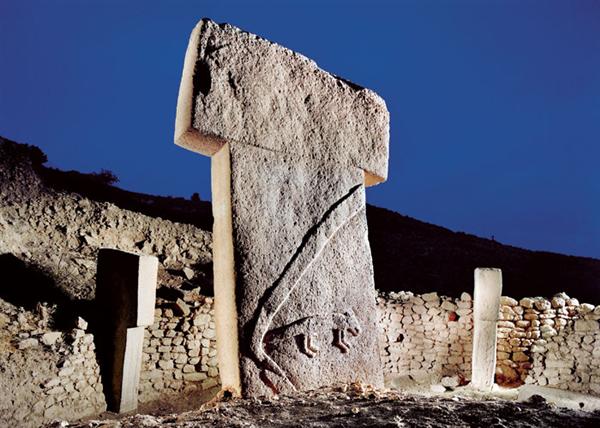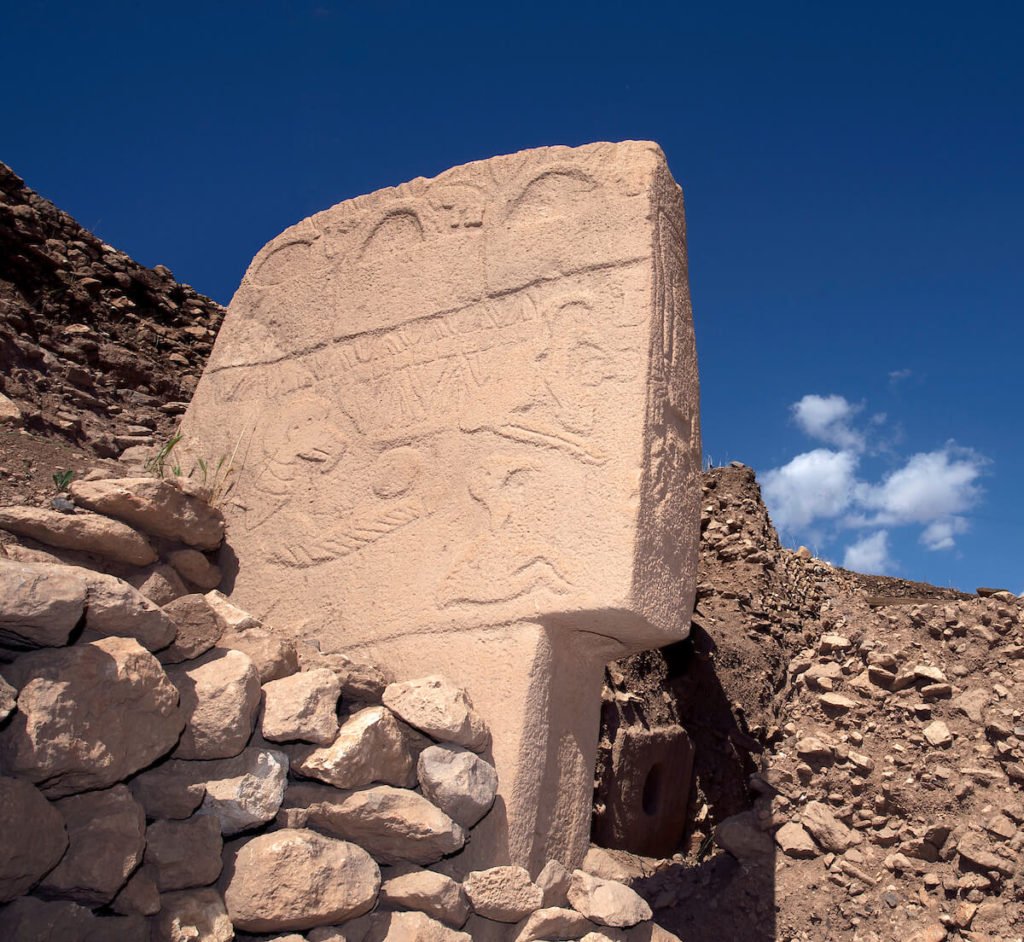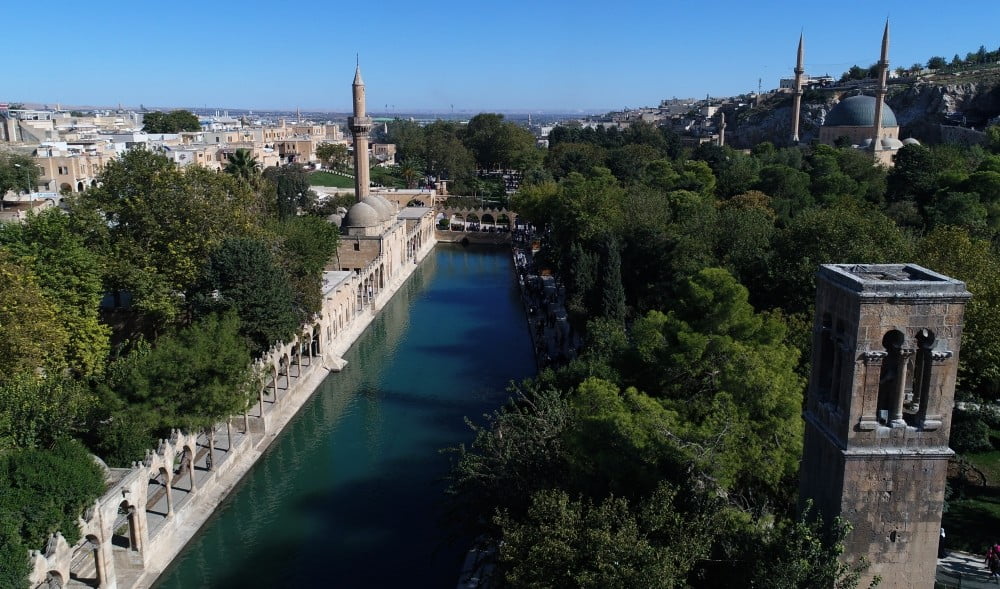About 180 kilometres (110 miles) west of Kızıltepe, in South Eastern Anatolia, lies the venerable old town of Şanlıurfa
The southeastern province was once one of the oldest settlements in Mesopotamia. Formerly known as “Urfa,” the city took the title “Şanlı” – meaning glorious, dignified – in 1984 in memory of the achievement of its people in the War of Independence.
The city’s history goes back to 9,000 B.C. or even further with the findings discovered every day at nearby Göbeklitepe, mankind’s first temple that was ever erected on earth.
According to Jewish and Muslim traditions, Şanlıurfa is “Ur Kasdim,” the hometown of Abraham. This was disputed by Leonard Woolley, the excavator of the Sumerian city of Ur in 1927 and scholars remain divided on the issue. Şanlıurfa is also one of several cities that has traditions associated with Job. For the Armenians, Şanlıurfa is considered a holy place since it is believed that the Armenian alphabet was invented there.
Şanlıurfa was conquered repeatedly throughout history and has been dominated by many civilizations, including the Ebla, Akkadians, Sumerians, Babylonians, Hittites, Armenians, Hurri-Mitannis, Assyrians, Medes, Persians, Ancient Macedonians (under Alexander the Great), Seleucids, Arameans, the Neo-Assyrian Osrhoenes, Romans, Sassanids, Byzantines and Arabs.


The discovery of Göbeklitepe
The discovery of Göbeklitepe, the oldest known temple ever discovered in history six miles away, spiked Şanlıurfa’s international fame. The massive carved stones about 11,000 years old, predate Stonehenge by some 6,000 years.

Distinctive T-shaped pillars are carved with images of wild animals, providing insight into the way of life and beliefs of people living in Upper Mesopotamia about 11,500 years ago.


The megalithic structures have largely retained the original form and design of their architectural elements, together with numerous decorative elements and craftworks that provide an insight into the way of life of the societies that occupied the site. The results of more than twenty years of research and archaeological excavations on the site testify to its authenticity.
Pool of Sacred Fish
During the autumn time, the city of Şanlıurfa’s main attraction is the sacred Balıklıgöl, the “Pool of Sacred Fish” located in the courtyard of the Halil-ur-Rahman mosque, built by the Ayyubids in 1211 and now surrounded by the tranquil and well-organized Gölbaşı-gardens.
Legend has it that the pool is where the Prophet Abraham was thrown into the fire by King Nimrod. According to the legend, when Nimrod flung Abraham into the fire, the fire became water and the firewood became the fish, which persists to this day. Hence, Balıklıgöl and the carp fish in this pool are considered sacred.
These sacred fish are probably among the most privileged finned creatures in the world as they live in crystal clear waters and are fed abundantly every day as visitors are encouraged to feed them.
Most of the fish are grey or black but local legend says seeing a white carp will open the door to the heavens.

Every year, tourists from around the world flock to visit the pool where they can feed the fish and climb to the Urfa Castle to enjoy a bird’s-eye view of the city.

Afterwards, in the restaurants surrounding the historic site, tourists can taste local delights such as “mırra,” a type of Turkish coffee which is a speciality of the southeastern region, especially Şanlıurfa. Here mırra is an important part of daily life, and at every step, you come across street vendors carrying samovars of coffee.
While most people associate Şanlıurfa with Göbeklitepe, the city itself is one of the most ancient in the world. While you won’t find many tourists, it is a bustling city with a lot to see and it’s well worth taking time to explore all the attractions.
Sources: Daily Sabah/Rove.me






